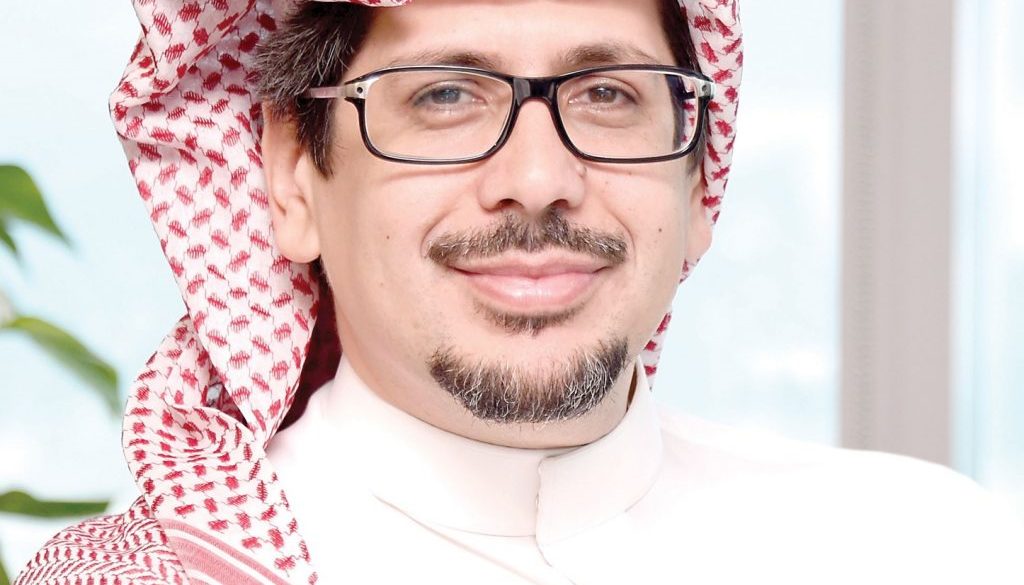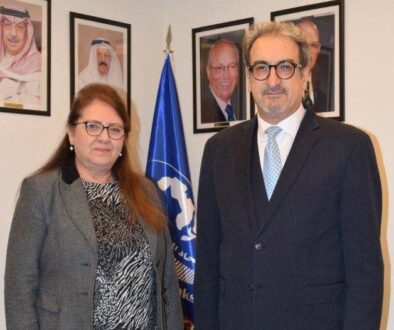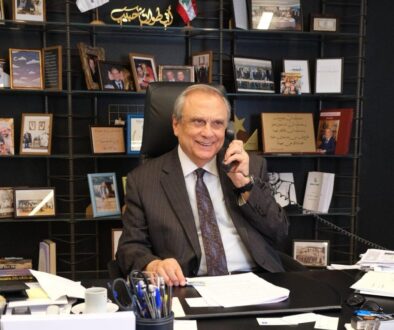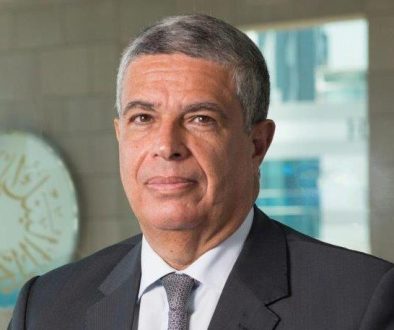On Thursday 23, April 2020 Mrs. Nathalie Fustier from The United Nations Resident Coordinator in the Kingdom of Saudi Arabia (KSA) and Mr. Ayman Sejiny, the CEO of the Islamic Corporation for the Development of the Private Sector (ICD), the private sector arm of Islamic Development Bank Group, signed a Letter of Understanding (LoU) to conduct a study on the potential of Awqaf in contributing to the achievement of Saudi Arabia’s National Transformation Programme (NTP) and the United Nations Sustainable Development Goals (SDGs) in KSA.
UNRCO and ICD have identified Awqaf as a potential accelerator and a crucial source of sustainable financing for KSA’s Vision 2030, NTP, the UN 2030 Agenda and (SDGs).
In addition, the research findings will support the government’s broad efforts to respond to the COVID-19 pandemic which affected all communities in general and the vulnerable communities, in particular.
The study aims to provide a conceptual framework by which Awqaf can align with NTP and the SDGs, estimate the potential contribution of Awqaf to the NTPs and the SDGs and provide actionable recommendations to move forward with pilot projects. The added value and the outcome of the research will be within the framework of KSA’s Vision 2030 and UN’s 2030.
The CEO of ICD, Mr. Ayman Sejiny commented: “In today’s challenging market and current health circumstances, the ability to support the member countries and the SDGs is critical for success. We believe that the LoU with UNRCO represents a significant milestone toward cementing the development relations with UN bodies and leveraging the vast networks and expertise of both parties to elaborate this strategic study and realize its objectives.” He further stated said, “throughout the history, Awqaf have proven to play a major role in providing sustainable financing and that is why ICD and UNRCO are keen to study the potential of Awqaf in this challenging era”.
The UNRC, Ms. Nathalie Fustier added: “Cooperation with ICD on such a crucial issue will be instrumental in finding innovative ways to navigate these uncertain times. The socio-economic impact of COVID 19 will hit the most vulnerable people first and Awqaf have the potential to make a difference not only in Saudi Arabia but eventually in a number of Islamic countries.
Note to Editors
About the Islamic Corporation for the Development of the Private Sector
Established in 1999, ICD is a multilateral development organization and a member of the Islamic Development Bank (IsDB) Group. The mandate of ICD is to support economic development and promote the development of the private sector in its 55-member countries through providing financing facilities (i.e PPP financing)and/or investments (i,e Private Equities investments) in viable projects sponsored by eligible enterprises in accordance with the principles of Shari’ah. ICD also provides technical assistance and advisory services to member countries and their public and private enterprises with a view to improving the environment for private investment, facilitating the identification and promotion of investment opportunities, privatization of public enterprises and the development of the Islamic capital markets. ICD applies Fintech to make finance more efficient and inclusive. Financial services institutions in the member countries will benefit the most from fintech innovations using AI, robotics, blockchain, data analytics and cloud service. ICD set up a platform which was built and centered on ICD relationship with 119 Financial Institutions. Through them, the IsDB Group in general and ICD in particular would leverage access to the country and avail financing opportunities. The platform allows like-minded financial entities to collaborate on business opportunities, exchanging market intelligence and laying a foundation for actual financial transactions within the OIC member countries and across borders. For more information about ICD, visit www.icd-ps.org.
About UNRCO
In Saudi Arabia, the United Nations is represented by 22 agencies, funds and specialised programmes. The country team (known by its acronym UNCT) is made up of representatives of these organisations. As head of the country team, the UN Resident Coordinator (RC) guides and supports the work of the UNCT, ensuring effective coordination and cooperation across the mandates of each organisation.
As the main support structure for the activities of the Resident Coordinator and the country team, the Office of the Resident Coordinator (RCO) strengthens the joint activities of the United Nations system in the Kingdom of Saudi Arabia. Its purpose is to maximise, in a coordinated manner, the work of the United Nations so that the system can provide a collective, coherent and integrated response to national priorities and needs, within the framework of the Sustainable Development Goals and other international commitments.



